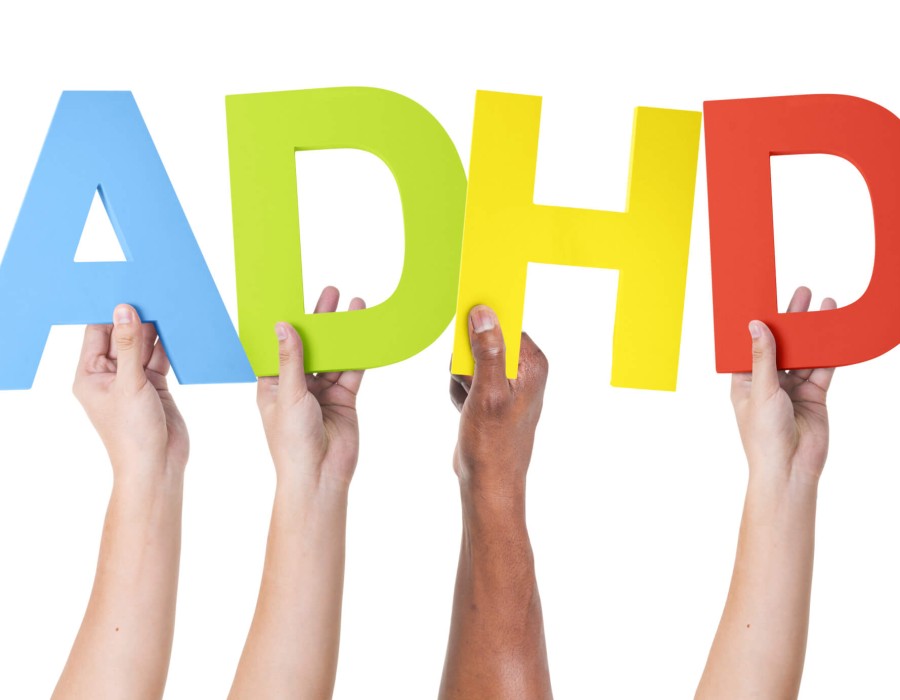First of all:
It is common for executive function, impulse control, and concentration to be affected by Attention Deficit Hyperactivity Disorder (ADHD). Conversely, those who suffer with ADHD possess unique abilities such as perseverance, flexibility, and inventiveness. In this investigation, we delve into the journey of ADHD resilience and uncover strategies for overcoming obstacles, recognizing one's own strengths, and achieving goals on a personal and professional level.
Understanding ADHD:
A neurodevelopmental condition affecting individuals of all ages, ADHD causes disruptions in all aspects of daily life. Common symptoms include impulsivity, hyperactivity, inattention, and difficulties with time management and organization. ADHD can be a positive since it encourages creativity, intuition, and unusual thinking, even though it can be challenging to navigate social, professional, and academic situations.
Resilience is the capacity to flourish in the face of adversity, adapt to change, and endure hardship. One characteristic that people with ADHD usually display is resilience. It involves the ability to persevere through challenges, build on one's strengths to overcome barriers, and use creativity to come up with answers. To cultivate resilience, one must establish a network of support, frame setbacks as opportunities for growth, and devise coping strategies to manage daily stressors.
Managing Academic Obstacles:
Because academic settings need regular focus, planning, and time management, they can pose significant challenges for those with ADHD. However, with the right support and accommodations, students with ADHD can succeed academically. Through the use of techniques like breaking tasks down into smaller pieces, utilizing visual aids and reminders, and requesting professors or tutors for assistance, students with ADHD can stay on task and achieve their academic objectives.
Overcoming Professional Challenges:
Individuals with ADHD may have trouble managing their time, establishing priorities, and maintaining attention on activities at work. However, their creativity, adaptability, and problem-solving skills can be very useful in a variety of positions and industries. When people with ADHD use their abilities, create reasonable goals, and put strategies like time-blocking, task prioritizing, and distraction reduction into practice, they can thrive in the workplace and in a range of work environments.
Developing Social Networks:
Social networks have a critical role in supporting resilience and general wellness for individuals with ADHD. However, it might be challenging to build and maintain friendships due to impulsivity, social anxiety, and communication issues. Important first stages in building social networks include becoming self-aware, practicing active listening, and searching for welcoming communities where individuals with ADHD can feel accepted and understood.
Accepting Self-Compassion:
In order to be resilient and to feel good about themselves, people with ADHD need to be able to accept themselves. Rather of viewing ADHD-related difficulties as personal shortcomings, practicing self-compassion involves being sympathetic, accepting, and compassionate toward oneself. If people with ADHD recognize that their condition is neurological, they can grow in self-compassion and accept their abilities and limitations with a sense of empowerment and perseverance.
Seeking Support and services:
People with ADHD can overcome obstacles and thrive with the help of therapies and supporting services. Coaching, psychoeducation, and therapy can provide enlightening guidance and useful techniques to lessen ADHD symptoms, improve executive function, and enhance overall wellness. Advocacy groups, internet forums, and support groups also give persons with ADHD access to a peer network of people going through similar problems and experiences, which fosters a sense of community and belonging.
Developing Coping Mechanisms:
Coping strategies are essential tools for managing challenges related to ADHD and fostering resilience. Stress reduction, physical activity, and mindfulness are some strategies that can help individuals with ADHD better control their emotions, reduce impulsivity, and improve focus and attention span. Additionally, routines, realistic goal-setting, and task-breaking help improve organization and productivity while giving ADHD sufferers a sense of control over their symptoms.
Recognizing Development and Achievements:
Giving yourself a reward for any success, no matter how small, is essential to maintaining your motivation and confidence when overcoming challenges linked to ADHD. When people with ADHD acknowledge and value their achievements, they can grow resilient and have a positive outlook. Every success serves as a reminder of one's strength, resiliency, and capacity for growth, whether it is completing a task, reaching a personal goal, or overcoming a specific hurdle.
In conclusion:
Building resilience in individuals with ADHD means more than just overcoming obstacles; it also entails encouraging self-compassion, appreciating one's strengths, and cultivating an optimistic view on life. With the help of tools, coping strategies, and achievement recognition, persons with ADHD may overcome life's challenges with resilience, hope, and fortitude. If they are resilient, people with ADHD can overcome obstacles, achieve their goals, and thrive in a society that values their unique qualities and abilities.





Comments